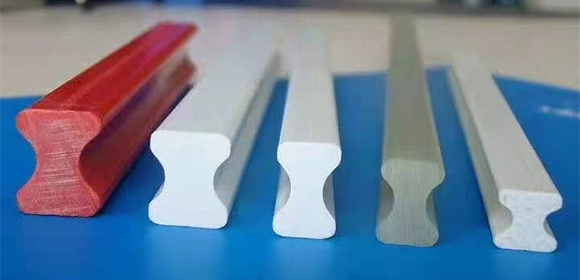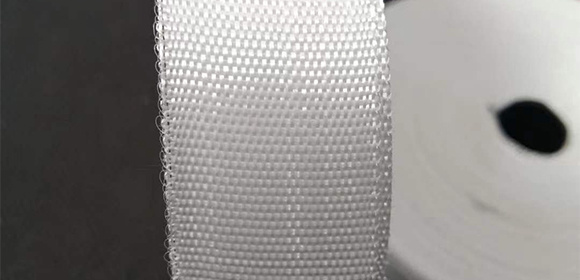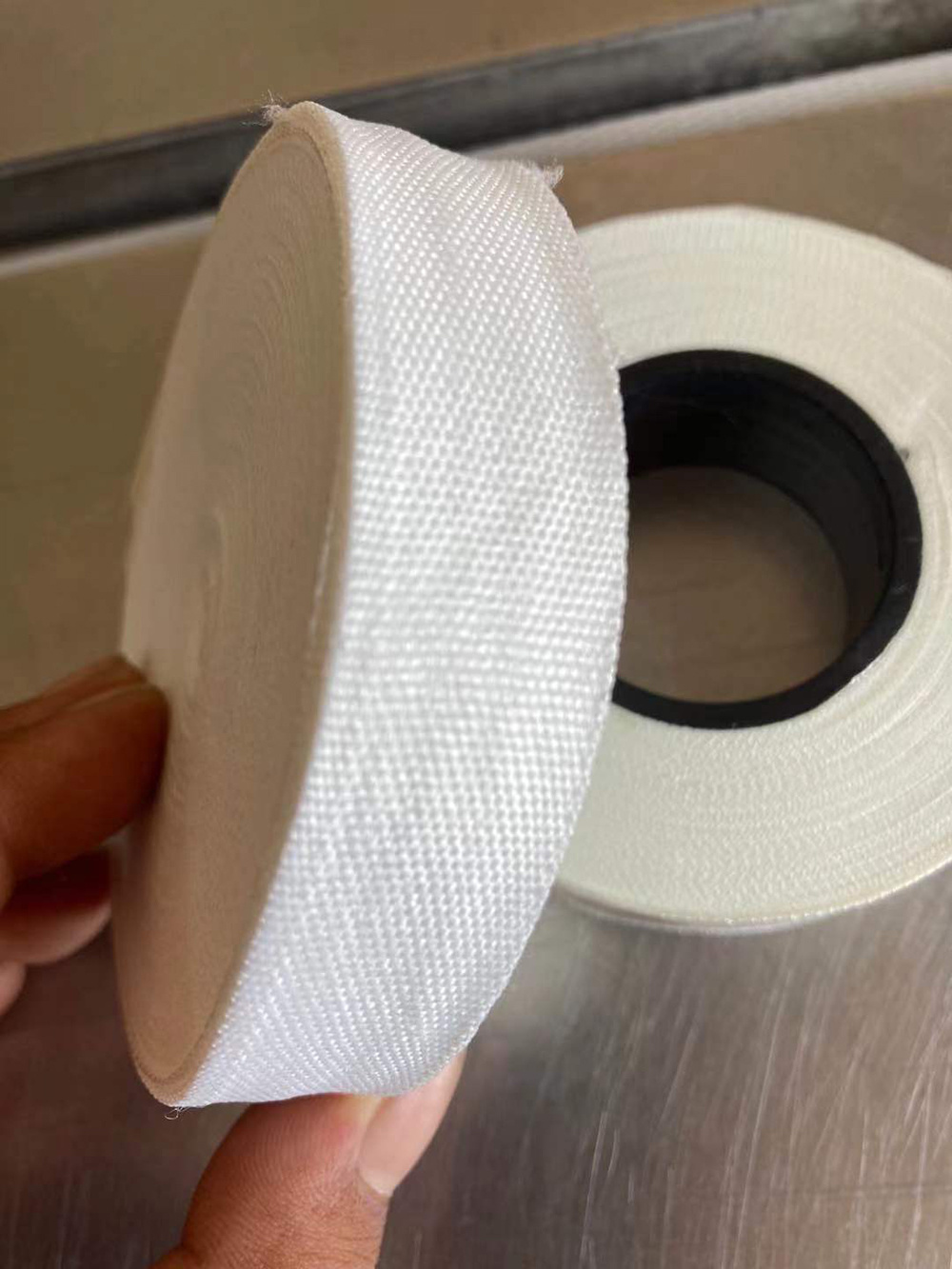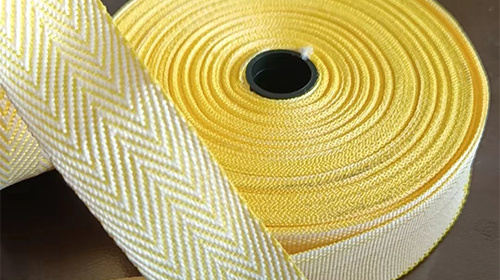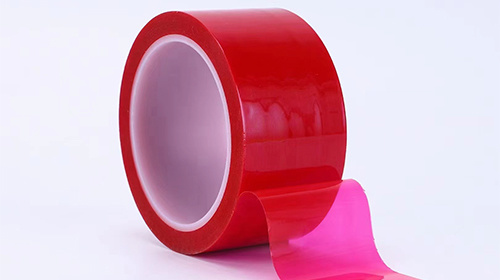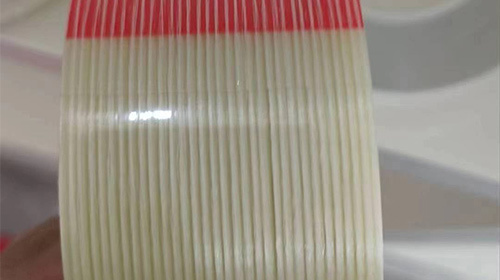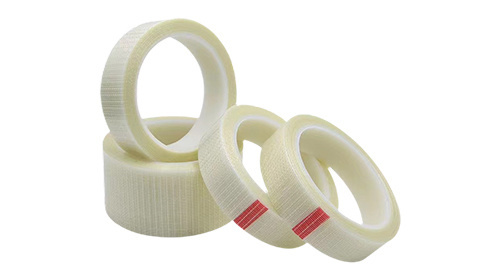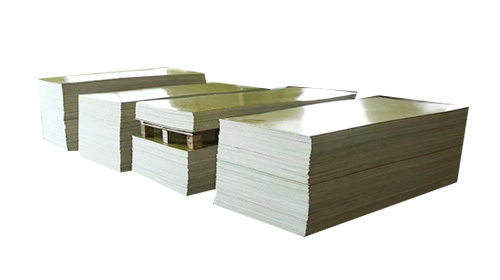Understanding PVC Fiberglass Sleeves: Essential Insulation Solutions for Electrical Applications
PVC fiberglass sleeves are versatile insulation materials widely used in various electrical applications. Composed of a combination of polyvinyl chloride (PVC) and fiberglass, these sleeves offer a robust solution for protecting wires and cables from environmental factors and electrical hazards. Understanding the properties and applications of PVC fiberglass sleeves can help professionals make inf
PVC fiberglass sleeves are versatile insulation materials widely used in various electrical applications. Composed of a combination of polyvinyl chloride (PVC) and fiberglass, these sleeves offer a robust solution for protecting wires and cables from environmental factors and electrical hazards. Understanding the properties and applications of PVC fiberglass sleeves can help professionals make informed decisions about insulation materials in their projects.
One of the primary advantages of PVC fiberglass sleeves is their excellent electrical insulation properties. They provide a high dielectric strength, making them ideal for use in environments where electrical insulation is crucial. This characteristic helps to prevent short circuits, electrical leaks, and equipment damage, thereby enhancing the safety and reliability of electrical systems.
Additionally, PVC fiberglass sleeves are known for their durability. The fiberglass reinforcement enhances the mechanical strength of the sleeves, making them resistant to abrasion, tearing, and other physical stresses. This durability ensures that the sleeves can withstand harsh conditions, such as extreme temperatures, moisture, and exposure to chemicals, further prolonging the lifespan of the insulated components they protect.
In terms of application, PVC fiberglass sleeves are used in a variety of fields, from automotive to aerospace, and even in household electrical systems. They are particularly popular for insulating wires in motors, transformers, and other electrical devices. Their flexibility allows for easy installation, as they can be slipped over wires and secured in place without compromising their insulating properties.
Another notable feature of PVC fiberglass sleeves is their flame-retardant qualities. This characteristic is essential for applications where fire hazards are a concern. The flame-retardant properties of PVC help to minimize the risk of fire spreading through electrical systems, providing an additional layer of safety.
Moreover, PVC fiberglass sleeves are available in various sizes and colors, allowing for customization to meet specific project requirements. This flexibility in design makes it easier for engineers and electricians to choose the right sleeve for their particular needs, ensuring optimal performance and safety.
In summary, PVC fiberglass sleeves represent a vital component in the realm of electrical insulation. Their exceptional electrical insulation capabilities, durability, flame-retardant properties, and versatility make them an optimal choice for numerous applications. For professionals in the electrical field, understanding the benefits of PVC fiberglass sleeves is essential for ensuring the safety and efficiency of their electrical systems. By selecting the right insulation materials, you can help protect both equipment and personnel from electrical hazards, contributing to a safer working environment.
One of the primary advantages of PVC fiberglass sleeves is their excellent electrical insulation properties. They provide a high dielectric strength, making them ideal for use in environments where electrical insulation is crucial. This characteristic helps to prevent short circuits, electrical leaks, and equipment damage, thereby enhancing the safety and reliability of electrical systems.
Additionally, PVC fiberglass sleeves are known for their durability. The fiberglass reinforcement enhances the mechanical strength of the sleeves, making them resistant to abrasion, tearing, and other physical stresses. This durability ensures that the sleeves can withstand harsh conditions, such as extreme temperatures, moisture, and exposure to chemicals, further prolonging the lifespan of the insulated components they protect.
In terms of application, PVC fiberglass sleeves are used in a variety of fields, from automotive to aerospace, and even in household electrical systems. They are particularly popular for insulating wires in motors, transformers, and other electrical devices. Their flexibility allows for easy installation, as they can be slipped over wires and secured in place without compromising their insulating properties.
Another notable feature of PVC fiberglass sleeves is their flame-retardant qualities. This characteristic is essential for applications where fire hazards are a concern. The flame-retardant properties of PVC help to minimize the risk of fire spreading through electrical systems, providing an additional layer of safety.
Moreover, PVC fiberglass sleeves are available in various sizes and colors, allowing for customization to meet specific project requirements. This flexibility in design makes it easier for engineers and electricians to choose the right sleeve for their particular needs, ensuring optimal performance and safety.
In summary, PVC fiberglass sleeves represent a vital component in the realm of electrical insulation. Their exceptional electrical insulation capabilities, durability, flame-retardant properties, and versatility make them an optimal choice for numerous applications. For professionals in the electrical field, understanding the benefits of PVC fiberglass sleeves is essential for ensuring the safety and efficiency of their electrical systems. By selecting the right insulation materials, you can help protect both equipment and personnel from electrical hazards, contributing to a safer working environment.






